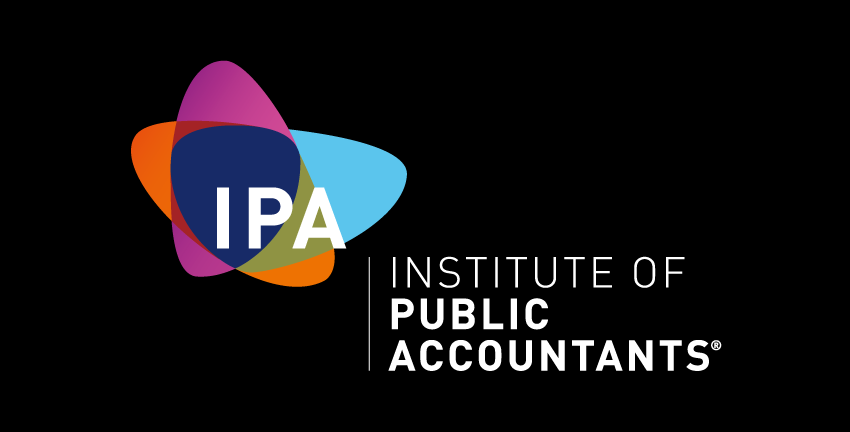Asset protection is the strategy of protecting business and personal assets from risks such as lawsuits, bankruptcy, claims and divorce settlements. For example, if you lose a lawsuit, you could easily lose everything you own including all of your life savings.
Everyone has heard a story about a successful business owner, who lost an unfairly adjudicated lawsuit or related litigation. If you are unlucky enough to be on the losing end of a major litigation, and you own a business, you will have wished that the thought of protecting your assets had come up in conversation, long before the legal decision against you is cast… No-one is exempt from the risks of bankruptcy.
Only those who are wise and implement strategies to protect their money can withstand a financial blow. It doesn’t matter what industry you are in, asset protection is a must regardless of whether you run a large business or are a small business owner. There are various strategies that can be implemented to minimise the risks of losing your assets. Which strategies to use will depend on the amount of money and the risks involved.
If asset protection hasn’t been important to you in the past, it may be too late to protect your assets. So try to get ahead of it now, while the skies are blue; any other time may be too late. The best time to engage that important protection from creditors is when the asset is purchased.
Asset Protection
Are Your Assets Protected?
You need to secure your assets during the good times to protect against unexpected claims in the unforeseen bad times. You need to safeguard your livelihood and your lifestyle.
Here are seven reasons why you need to plan your asset protection strategies now, so an unforeseen financial disaster doesn’t decimate your financial livelihood.

Plan while the skies are clear, before it’s too late
Don’t wait. Just like taking out an insurance policy, setting up an asset protection plan before something happens is essential. Foreseeing the future is impossible. It’s too late to wait until things go wrong.

Asset protection is not just for the wealthy
Everyone is at risk, regardless of the value of their assets. The fewer assets you have, the less you’ve got less to fall back on. The greater the assets you have, the more you’ve got to lose.
The consequences of bankruptcy include:
- you hand over control of your financial affairs to a trustee
- your inability to be a company director for a period of time
- you may lose the right to take or continue legal action
- it will affect your credit rating and ability to obtain future credit
- it may impact your ability to hold certain trade and industry licences
- you will need to get permission to travel overseas

Insurance on it's own isn’t enough
Insurance doesn’t cover everything; there are always exclusions. Insurance policies are the domain of lawyers and the fine print is so convoluted that it’s easy to think you’re covered. But, you may not be.
Business insurances generally cover most business activities. But what if you miss paying your annual premium? Or if your insurance company goes broke?

It’s easier to start before you’ve amassed your wealth
It’s like building a house. Start with a good plan and the rest should be straightforward. If you want to change things during the build it will inevitably cost you more.
Whilst is indeed possible to implement a strategy at any point in time, the greater your assets, the more liability you may face for transactional costs such as capital gains tax and transfer duty.
The best thing you can do is to start early, and don’t kid yourself that you can hide stuff from your creditors.

It’s too late to transfer assets to family members after the event
Forensic accountants and lawyers are very adept at tracing records and following paper trails these days. Your just before- or after- the-event transfers will be identified quickly and potentially clawed-back.

Proprietary Limited Companies are not certain to remain safe
Why? Because they have value and are owned by shareholders. If there is a claim against you, everything in your name is at risk, including the shares you own in your company.

Asset protection isn't expensive
In reality it’s a small price to pay compared to the massive legal fees you will be faced with if you are the target of a legal action or creditor claim.
Some things are best taken care of by the experts…
Several things you should consider letting the experts handle when creating an asset protection plan are:
- Loans owing by your entities: It’s a common belief that your assets are protected by using business structures that involve companies and trusts. You need to look at loans owing between your entities, and any loans owing to you personally.
- Companies: In some cases, company directors have been held personally responsible for company debt. For example, this can happen when a company director breaches the law or continues to trade whilst the company is insolvent.
- Partnerships: Partners are jointly and severally liable for the debts of the partnership. This means if one partner has insufficient assets, the other partner may be liable for the full amount.
- Superannuation: Usually superannuation is protected from creditors. However there is an exception where there are sudden, substantial increases, to contributions, which raises the red flag that the intention is to move money away from creditors.
- Trusts: When a trust is in trouble, there are likely to be unpaid present entitlements owing to a beneficiary, these amounts are unsecured to the beneficiary and may be lost if there are insufficient funds to meet the legal claim.
Next Step
I hope you found this useful. If you’d like to find out more about how we could support you with your accounting, then we have two ways to help you out.
- You can download our free 28-point checklist that shows you everything you should be doing to stay compliant, minimise tax, protect your assets and manage your finances –click here
- You can Book your 15-minute discovery session call to find out IF and HOW we can help you and then, if relevant, we’ll book your complimentary tax review – click here



